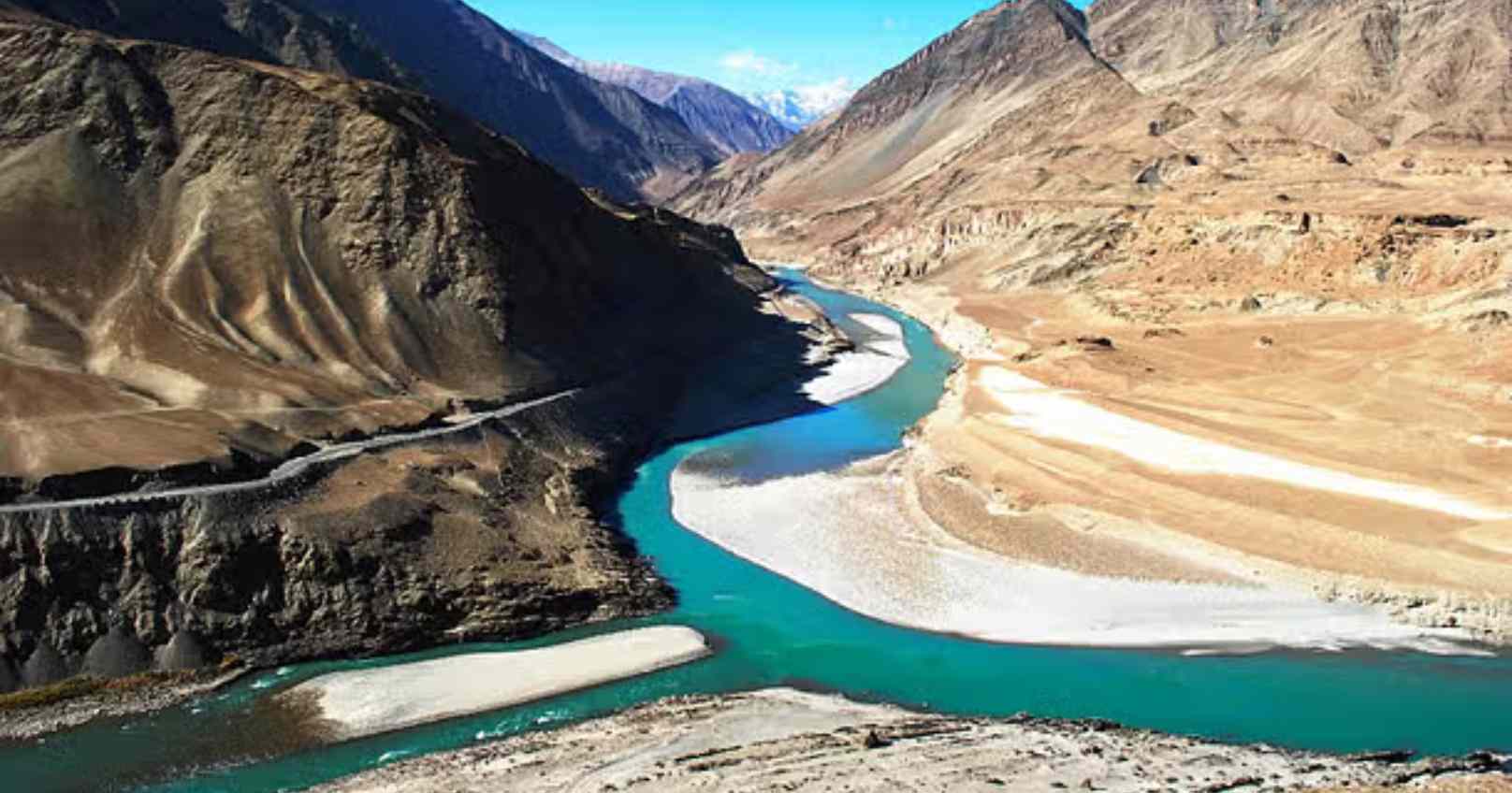India has taken the significant step of halting the flow of Indus River water to Pakistan following the suspension of the Indus Waters Treaty of 1960, government sources confirmed. This decision comes in the aftermath of the deadly Pahalgam terror attack that claimed 26 lives, allegedly carried out by terrorists operating from Pakistani soil.
Authorities also plan to enhance the storage capacity of dams along the Indus basin rivers, further reducing downstream flow to Pakistan.
A formal notification declaring the treaty’s suspension was delivered to Islamabad on Thursday. The document states that the treaty will remain in "abeyance", putting a stop to all mutual obligations — including scheduled meetings between Indus Commissioners, the sharing of hydrological data, and advance notice of new water projects.
This change means India can now proceed with construction and development along the Indus River without the need for prior consultation or clearance from Pakistan.
In a letter addressed to Pakistan, Water Resources Secretary Debashree Mukherjee wrote that New Delhi can no longer be expected to uphold treaty commitments in the face of ongoing cross-border attacks.
“Respecting a treaty requires mutual good faith. Pakistan’s continuous sponsorship of terrorism, especially in Jammu and Kashmir, severely undermines that foundation,” the letter stated.
Reacting strongly, Pakistan condemned the move and warned that any attempt to block water flows designated for them under the treaty would be treated as an “act of war.” The treaty, signed in 1960 after nearly a decade of negotiations and with World Bank involvement, was designed to peacefully manage river-sharing disputes.
The suspension is one in a series of tough retaliatory steps India has taken. These include cancelling visas issued to Pakistani nationals, expelling military attachés from Pakistan’s diplomatic mission in Delhi, closing the Attari and Obroi land crossings, and reducing diplomatic staff in both nations' missions.
Far-Reaching Consequences for Pakistan
Experts say India’s action could severely impact Pakistan’s agriculture sector, especially given that the western rivers—Indus, Jhelum, and Chenab—make up the bulk of the country's water supply, particularly during crucial crop seasons. Historically, these rivers have provided around 135 million acre-feet of water annually, most of which was allocated to Pakistan under the treaty.
Although the treaty does not contain any clause that allows either side to suspend it unilaterally, India maintains that Pakistan’s continued support for terrorism voids the agreement’s core spirit of cooperation.







